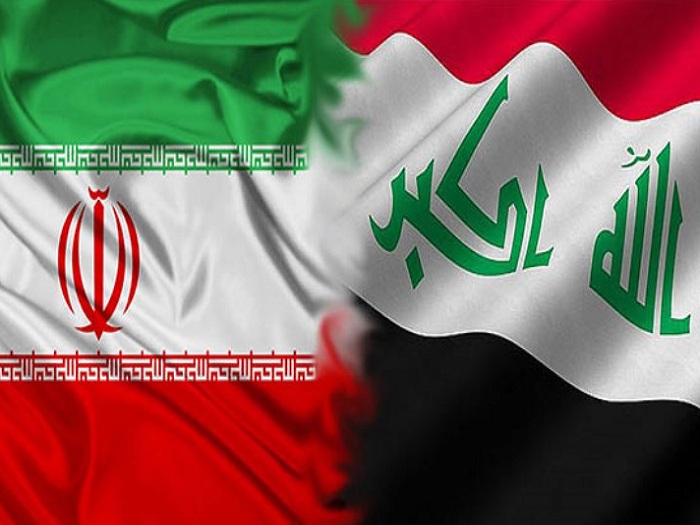Iranian companies demand $ 800 million from Iraq

Secretary of the Iranian Association of Exporters of Technical and Engineering Services: Contractors and companies exporting Iranian technical and engineering services demand up to $ 800 million from state-owned companies or the Iraqi government, but are unable to do so. Until recently, this amount was $ 600 million, but today it has reached $ 800 million.
According to the International Iranian Stone Exhibition, Bahman Salehi Javid said about the problems between Iran and Iraq: The situation between Iran and Iraq affects the export of technical and engineering services, but there are many actors in this scene. One of the areas of communication between Iran and Iraq is energy exports, which are hampered by mismanagement and recklessness. However, if we examine it from a market and economic point of view, the consumer and the market must be secure in order to have a continuous market.
He added: "Iraq is not without money and it has oil, so it can be a good market." One of the most important issues in a market is the power of payment. Regardless of issues such as proximity, cultural relations, proper political relations, etc., it is considered a suitable market for Iran. After losing this market, there is recklessness and serious oppression of the Iranian economic system.
The secretary of the Iranian Association of Exporters of Technical and Engineering Services stated: "If this link is maintained, it will subsequently create a strategic relationship that can lead to economic security and diplomatic security, which has a secondary benefit that is greater than the primary benefits." The presence of artisans and industrial goods in Iraq in the continuation of this domino can maintain its market, develop it and also meet its demands. The type of diplomatic relations and the relationship of energy diplomacy have a key map in this circle.
He noted that contractors and companies exporting Iranian technical and engineering services are demanding $ 800 million from state-owned companies or the Iraqi government, but are unable to do so. Until recently, this amount was $ 600 million, but today it has reached $ 800 million. If it is agreed and registered between the two governments, money can be transferred even in the bag, at this stage, FATF, etc. is not difficult.
Referring to the devaluation of the dinar, Salehi said: "The devaluation of the Iraqi dinar is another problem. Previously, contracts were in dollars, but they put pressure and closed some contracts in dinars. With the devaluation of the dinar, Iranian contractors suffer, do not pay claims and They do not delay the fines either, which increases the claims of the Iranian side and makes the heavier payment figure further away. Therefore, it is effective in spending the speed and planning of government and energy diplomacy. Using these tools is important in collecting the demands of Iranians and it seems that there is not enough intelligence in monitoring and following up on these relations.
He also said about the Syrian market: "Syria is in a similar situation to Iraq with some differences. Iraq's proximity to Syria makes Iraq important to us again." Syria is a good market, with little political risk. We have made a lot of investments in this country and provided loans and facilities to them in several stages, and our sphere of influence is strategically facilitated to the Mediterranean coast.
"Our companies have implemented projects in Iraq and Syria, but we still have problems in Syria," he said. Financially, there are fewer problems, but Iranian companies in Syria are weakening, and the presence of countries such as Russia, Turkey, China and even European countries such as Britain, as well as South Korea and Japan is increasing.
Salehi added: "Since Syria is Iran's sphere of political influence, it should naturally be facilitated more and better work of Iranian contractors, but unfortunately the situation is not satisfactory and companies do not have the role of development that they thought they would have."
He added: "Politically, there seems to be good relations, but either we do not want economic demands and business participation in these meetings, or there is another problem." It is okay for us to have only strategic demands, but economic issues are also strategic, which can also lead to the stability of strategic relations. With the export of technical and engineering services and with the multi-year relationship of a technical and engineering company, travel and relations remain stable.
* ILNA










